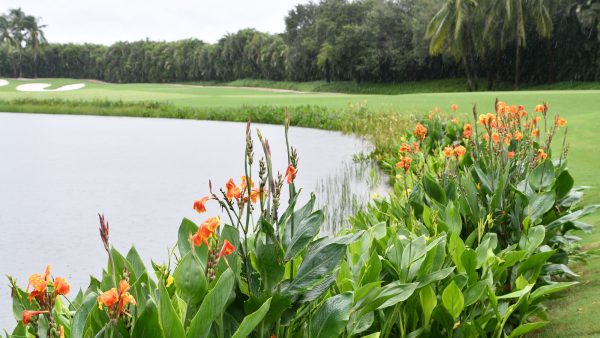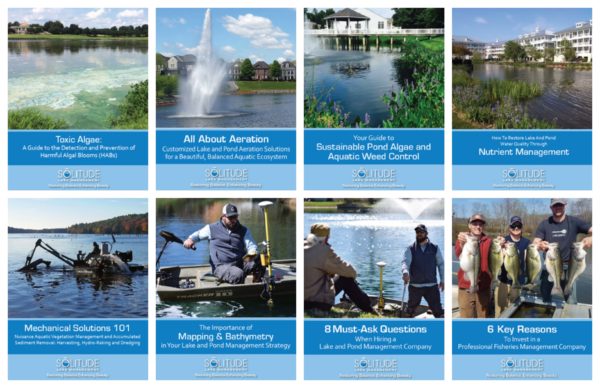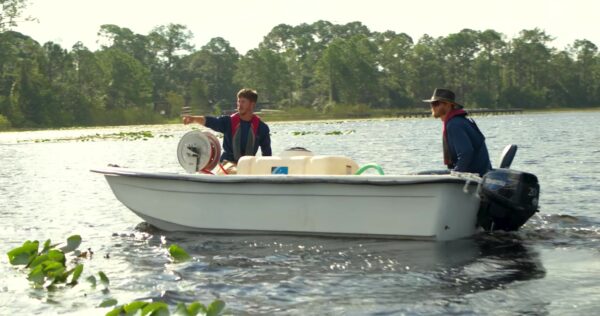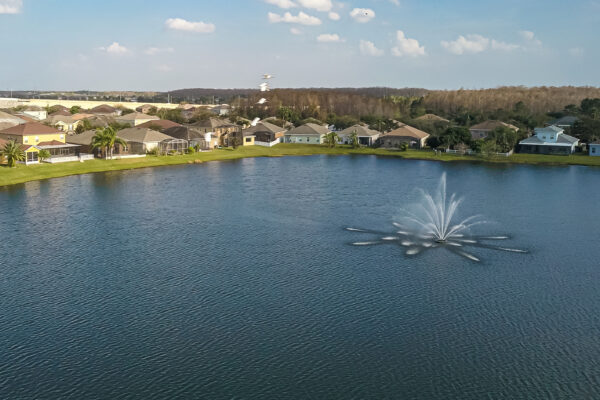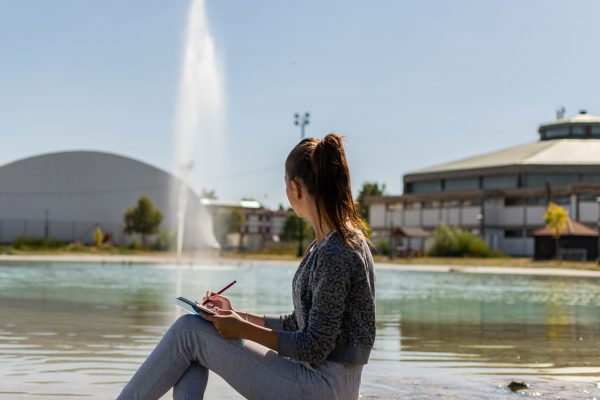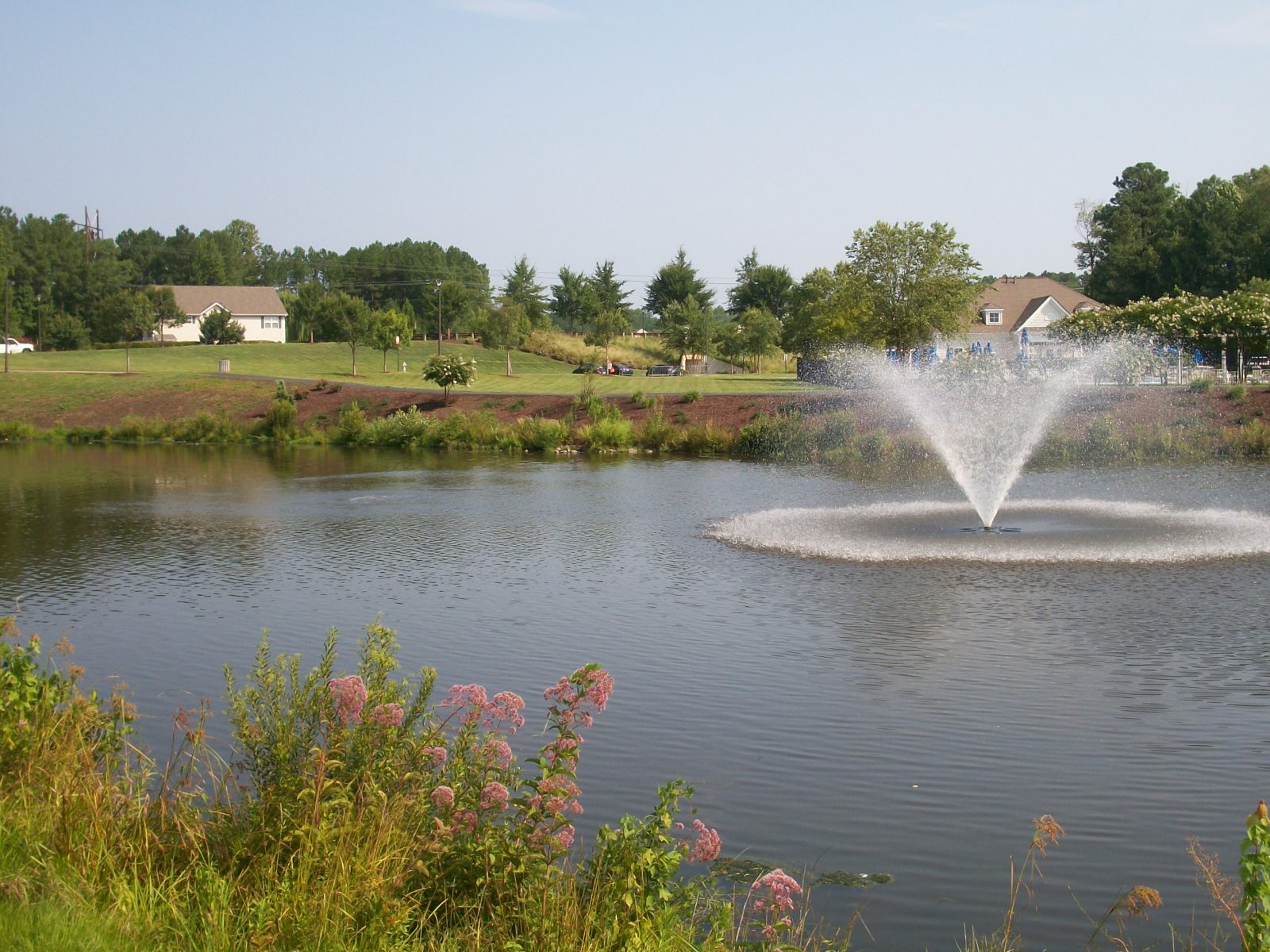
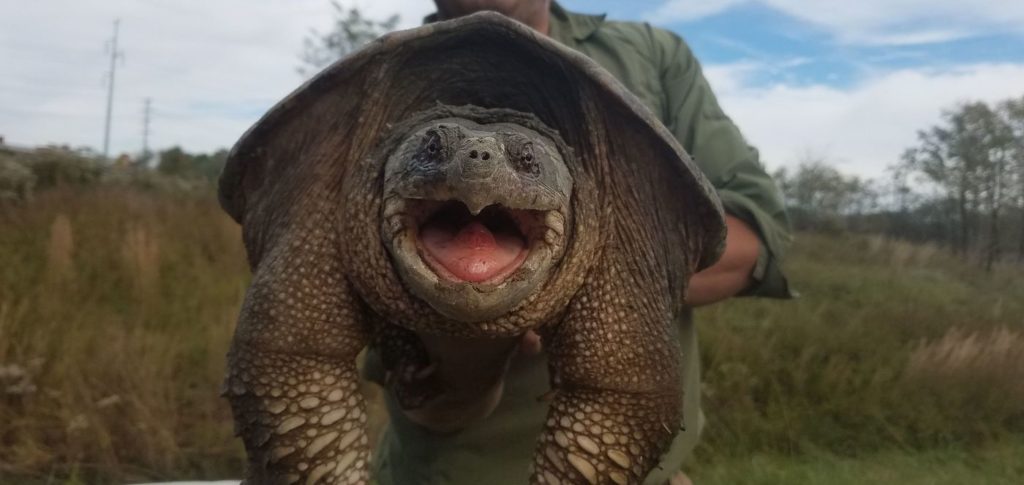
Pond Management: Are Turtles Bad for Ponds?
Written by Industry Expert Cole Kabella, Wildlife & Fisheries Biologist
Think back to the last time you were on a lake or pond. Chances are, you can recall seeing a turtle—or 10. Turtles are to water as meatballs are to spaghetti. This close relationship raises a few questions. Why are they there? What is their purpose? And the biggest question: Are turtles bad for ponds? Answering these questions will provide us with a better understanding of the role turtles play in the aquatic ecosystem.
Ponds in both freshwater and marine environments meet most of a turtle’s essential needs. They provide ample nourishment and shelter, making them prime habitats for turtles to reside. Turtles are generally found along shorelines and atop rocks offering quick escape in case danger is imminent. Their diet is comprised mostly of aquatic vegetation, insects and deceased marine animals.
It is commonly thought that turtles have a negative impact on fisheries due to their ferocious appetite for fish. Fortunately, turtles are no match for fish when it comes to speed and endurance, unless the fish are sick or injured. If a turtle has the ability to catch a fish, it generally means the fish was in poor condition and needed to be removed. By consuming sick and already deceased fish, turtles help clean ponds and reduce risk of infection by toxins from rotting flesh.
A turtle’s craving for vegetation is beneficial when it comes to aquatic weed control. A large population of turtles could help maintain some types of problematic or invasive vegetation growth and reduce the need for herbicide treatments. However, this appetite for fiber is not only directed towards undesirable submerged aquatic vegetation. Turtles may also consume species that are desirable for their colorful flowers or nutrient reduction qualities, such as Pickerelweed, Yellow Water Lilies, or Lizards Tail. If this does become an issue, simply staking some chicken wire around the beneficial plants can help prevent turtle access.
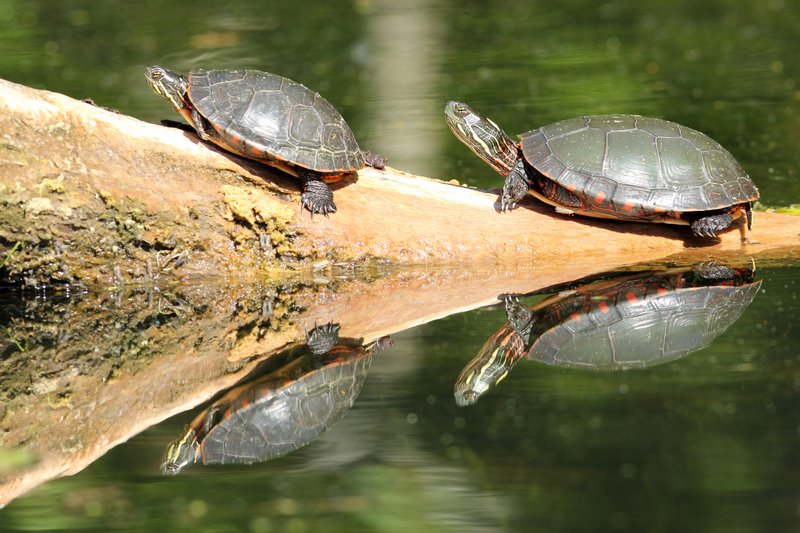
While generally a very beneficial creature to have in your pond, trophy fisheries that incorporate supplemental fish feeding may notice turtles congregating around their fish feeders. It’s more likely that they’re eyeing the feeding fish for their next big meal rather than eating up the fish food, but if it becomes concern a trained professional can remove turtles from your pond through trapping.
Trapping can also be conducted in ponds used for recreation, particularly if there are large populations of snapping turtles. Snappers can grow quite large (20-40 pounds) and have robust, powerful jaws, along with sharp claws on their feet. While snappers are beneficial to ponds, they aren’t always good for you!
That brings up another point – like ducks, feeding the turtles can be fun, but is it good for them? In short, as long as feeding is only done occasionally and they’re turtle-appropriate snacks, such as lettuce or earthworms, there’s little harm. It’s important to avoid tossing bread, corn or processed foods to aquatic animals, as most of them do not receive adequate nutrients from these types of treats. In fact, turtles with poor diets often develop deformed shells that make them susceptible to predators and limit their lifespans. It’s also critical to remember that wildlife can become dependent on humans for food if the feeding becomes a regular occurrence. With that in mind, try planting nutritious aquatic vegetation for turtles to feed on, rather than feeding them by hand.
Although turtles come in all shapes and sizes, their goals are generally all the same. Find an easy meal, stay warm, and stay alive. So, the next time you are fishing on a pond or sitting on the dock, and you spot a turtle basking hesitantly on the shore, don’t view it as a pest that wants to dine on the biggest Largemouth Bass in the lake. Imagine it as a caretaker whose only goal is to maintain the health and aesthetics of the aquatic ecosystem.
SOLitude Lake Management is an environmental firm committed to providing full-service solutions that improve water quality, preserve natural resources, and reduce our environmental footprint. Our services include lake, pond, wetland and fisheries management programs, algae and aquatic weed control, mechanical harvesting, hydro-raking, installation and maintenance of fountains and aeration systems, water quality testing and restoration, bathymetry, lake vegetation studies, biological assessments, habitat assessments, invasive species management and nuisance wildlife management. Services, consulting and aquatic products are available to clients nationwide, including homeowners associations, multi-family and apartment communities, golf courses, commercial developments, ranches, private landowners, reservoirs, recreational and public lakes, municipalities, parks, and state and federal agencies. Learn more about SOLitude Lake Management and purchase products at www.solitudelakemanagement.com

